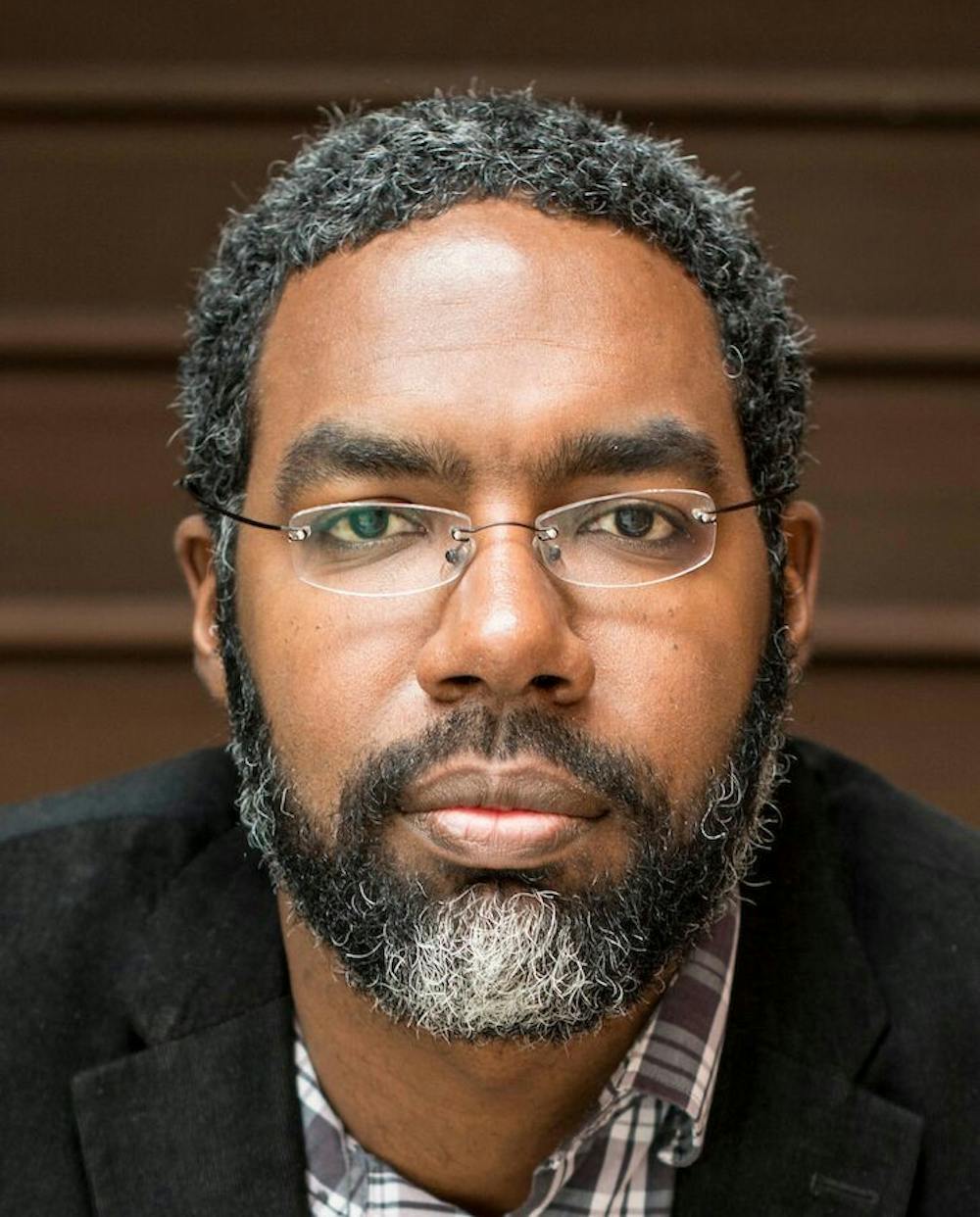Misinformation and fake news circulate the internet everyday. Recently, there was a fake news Facebook page taken down for spreading misinformation and publishing fake North Carolina news stories.
With the primary elections coming up, people want to know where this misinformation comes from and how to separate fact from fiction.
Deen Freelon is an associate professor at the UNC Hussman School of Journalism and Media who specializes in political expressions through digitized media. He has researched how misinformation is spread and the motivations behind it, as well as what people can do to prevent the spreading of false information. Staff writer Taylor Heeden spoke with Freelon about how voters can determine what is true and what is not.
The Daily Tar Heel: What are the motivations behind the circulation of misinformation or fake news?
Deen Freelon: Well, a number of different parties can create it for a number of different reasons. One reason is political in motivations, so that is people who want to bring about a particular political outcome. Whether that’s suppressing people, making it less likely that certain people will vote or getting a certain candidate elected, that kind of thing. Another motivation is financial. Another reason people do it is to harm a particular individual or individuals.
DTH: How does this information get circulated around?
DF: Disinformation and misinformation can be spread in many different ways. Social media is obviously one, but if a disinformation operator can convince a journalist that what they’re talking about is real, that’s a major way it’s spread. It can spread through journalistic articles if journalists do not do their work. There’s also this category of news that is not exactly fake news, but it is not exactly established hard news journalism.
DTH: How can we identify fact from fiction, especially with the elections right around the corner?
DF: The first step to identifying misinformation is to care about what the truth is, regardless of how inconvenient it may be for your side. If we care about the truth, then the next thing I would recommend is taking what I call an attitude of contingency to everything that is reported. That means anything that is reported could be proven false the next day. It is important to be able to revise your opinions when more information comes to light. The other thing I would say is look at the organizations and outlets you get your information from. If someone is lying to you, that typically means they’re trying to get you to do something you couldn’t do if they were telling you the truth



